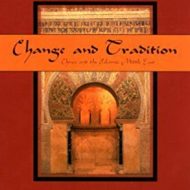When we talk about ideology Confucianism and Communism seem to be at odds with one another. Two main departures of ideology lay clear in the means to lead a nation. Confucian words on leading “When one rules by means of virtue, it is like the north star, it dwells in its place and the other stars pay reverence to it” it seems to lean towards an idea that leaders must lead by example and those who live under their rule will naturally out of respect for the character of the leader will live in peace. In contrast we look at famous words by Mao in regards to leadership, “Political power grows out of the barrel of a gun” implying that strength and power over those below you will have them follow you out of fear first nor respect. So the question that the article “Is China headed for a clash of cultures as Xi Jing Ping fuses Confucius and Marx?” by Paul F. Scotchmer in the South China Morning Post tries to ask is will these ideologies work together or are they so different Xi Jing Ping is setting himself up for a cultural battle.
I always thought that Confucianism and Communism could work together, but I found in the reading that Mao Zedong actually denounced the teachings of Confucius and burned artifacts, writings and turned temples into government buildings. Despite the disgust for Confucianism that Mao had the “religion held strong as its embedded deep within Chinese culture. I am wondering how honest Xi Jing Ping is about bringing the two ideologies together, after all this isn’t Mao’s China anymore its not even close to the China he left. China has liberalized to a degree, even though modern Chinese leaders are strengthening their grip on China once again. Could Confucianism and this modern style communism work better than in the past? I personally do not see how it could work naturally/ the Rule by force and Rule by virtue alone set the ideas too far apart.

